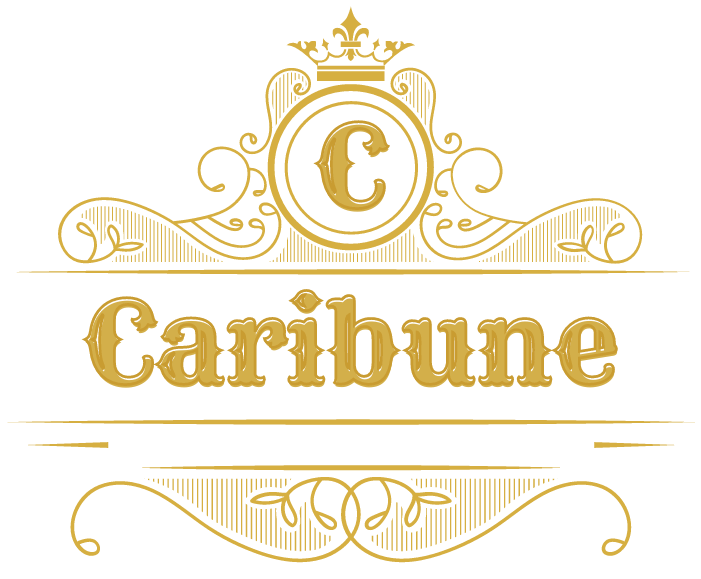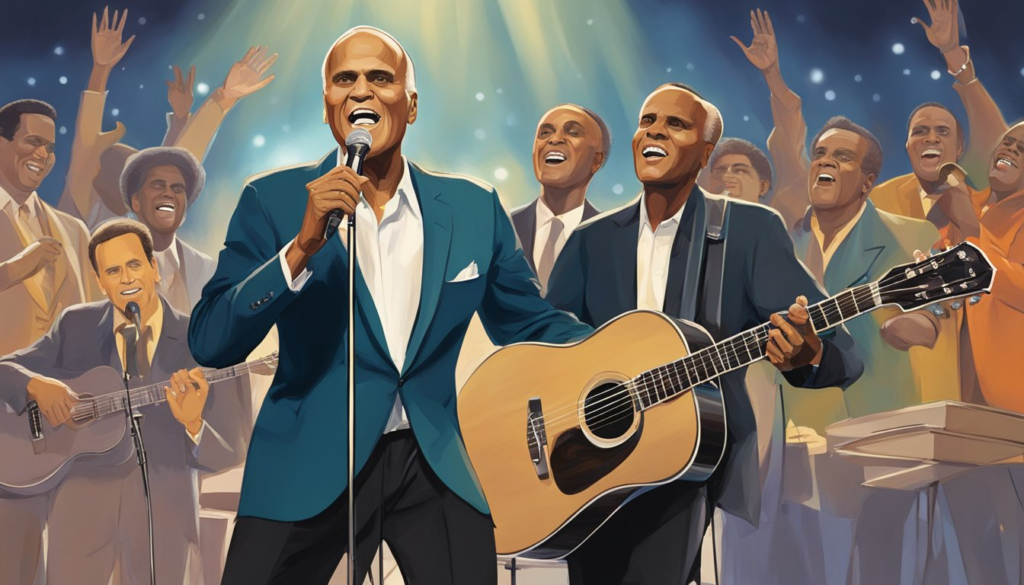Harry Belafonte is a name that is synonymous with the world of music and activism.
He’s most known for his soulful, calypso-infused sound that has resonated with audiences all over the world. But Harry Belafonte is more than just a singer – he has been a force for social justice, using his platform to bring attention to issues like racial inequality and poverty.
Today, we take a closer look at who Harry Belafonte is, what he has accomplished, and why he continues to be an inspiration to many activists and artists today.
1. Early Life and Background of Harry Belafonte
Harry Belafonte, born Harold George Bellanfanti Jr. on March 1, 1927, in Harlem, New York, grew up in poverty and with a turbulent family life.
His father, a chef, left the family when Belafonte was a young boy, and his mother, a housekeeper and dressmaker, struggled to provide for him. Belafonte spent much of his early years in Jamaica, where he witnessed the oppression of Black people by the English authorities.
After returning to New York City, he dropped out of high school and enlisted in the U.S. Navy in 1944. Upon discharge, he attended the American Negro Theater (AMT) and later studied drama at the Dramatic Workshop run by Erwin Piscator.
2. Harry Belafonte’s Career Breakthrough
Harry Belafonte had a historic climb to the top of show business during the 1950s, especially when segregation was widespread and Black faces were only occasional on screens.
He was the first black musician to make a bigger impact in the charts and on stage, eventually turning to acting and political activism.
He ignited a craze for Caribbean music with hits like Day-O (The Banana Boat Song) and Jamaica Farewell and allowed his album Calypso to top the Billboard album chart in 1956 for 31 weeks.
Belafonte’s success as a singer led to film opportunities, becoming the first black actor to achieve major success in Hollywood.
3. Harry Belafonte’s Key Contributions to the Folk Music Scene
Harry Belafonte left an indelible mark on the folk music scene. His unique and highly personal brand of music ignited a craze for Caribbean music in America, with hit records like Day-O (The Banana Boat Song) and Jamaica Farewell.
His album Calypso was the first album by a single artist to sell more than a million copies, and reached the top of the Billboard album chart shortly after its release in 1956. Harry’s repertoire was diverse, encompassing folk traditions from all over the world, making him a beloved concert attraction.
His charismatic presence and dramatic interpretations of rollicking calypsos, work songs, and tender ballads left audiences spellbound.
4. Harry Belafonte’s Role in the Civil Rights Movement
Harry Belafonte was more than just a successful artist during the Civil Rights Movement. He used his platform and star power to raise funds and awareness for the movement.
As a confidant of Martin Luther King Jr., he financially supported the Freedom Rides and helped bail out activists who were jailed. Belafonte was not afraid to put himself in danger either, marching alongside King in Selma despite threats from the Ku Klux Klan.
His role in the civil rights movement was complex, at times expressing frustration about Black Americans not supporting his music career or talking openly about the nation’s progress.
However, he continued to fight for justice and inspire others to do so through his philanthropic initiatives and activism.
5. Harry Belafonte’s Film Career and Successes
Harry Belafonte’s film career was just as successful as his music career.
He starred in many films throughout his career, including Carmen Jones, Island in the Sun, Odds Against Tomorrow, Buck and the Preacher, and Uptown Saturday Night. Belafonte’s acting talent earned him critical acclaim and solidified his place as a versatile entertainer.
He made his final on-screen appearance in Spike Lee’s BlacKkKlansman in 2018. Belafonte’s success in Hollywood was a testament to his exceptional talent and versatility as an actor. His contributions to the entertainment industry will always be remembered.
6. Harry Belafonte’s Personal Life and Inspirations
Harry Belafonte had a challenging childhood, growing up in poverty and with a distant father. His mother’s hard work as a dressmaker and house cleaner often left him alone, causing him a lot of anguish.
However, living in Jamaica exposed him to the oppression of Black people by English authorities, which greatly influenced his social and political activism later in life. Belafonte’s personal life was marked by his marriages to Marguerite Byrd, Julie Robinson, and Pamela Frank, with whom he had four children.
He died on April 25, 2023, at the age of 96.
7. Harry Belafonte’s Awards and Recognitions
Harry Belafonte, known for his exceptional skills as a recording artist, actor, and producer, has achieved great recognition in his career not only for his artistic talents but also for his advocacy for human rights.
He has received numerous awards and recognitions throughout his career. Belafonte won three Grammy Awards, including a Lifetime Achievement Award, an Emmy Award, and a Tony Award. In 1989, he was honored with the Kennedy Center Honors for his excellence in the performing arts.
He was awarded the National Medal of Arts in 1994. Being an activist, he was the driving force that united the important cultural elements of the American civil rights movement, including the 1963 Freedom March in Washington D.C. He was appointed as a Goodwill Ambassador for UNICEF in 1987.
Belafonte received the Jean Hersholt Humanitarian Award at the Academy’s 6th Annual Governors Awards in 2014. In 2022, he was inducted into the Rock and Roll Hall of Fame in the Early Influence category.
These awards and recognitions rightly reflect Belafonte’s outstanding contributions to the arts and activism.
9. Harry Belafonte’s Philanthropic Initiatives
Harry Belafonte was not only an iconic singer and actor but also a passionate philanthropist who devoted his life to humanitarian causes.
He served as a UNICEF Goodwill Ambassador and was instrumental in organizing We Are the World, a song that helped raise funds for Africa. Belafonte was also a key player in the civil rights movement and played a crucial role in ending apartheid in South Africa.
He continued his activism through the Sankofa Justice Equity Fund, a non-profit social justice organization he founded. His commitment to social justice earned him the Ambassador of Conscience award from Amnesty International.
10. Harry Belafonte’s Legacy and Influence on Music and Society
Harry Belafonte made a significant impact on both music and society through his artistry and activism.
As a singer, he popularized calypso music with international audiences, earning him the distinction of being the first artist to have a million-selling LP by a single artist.
His repertoire, which included genres such as blues, folk, and show tunes, showcased his diverse talent. Belafonte was also an active civil rights advocate, supporting the Rev. Dr. Martin Luther King Jr. and the quest for racial equality.
He contributed money to several civil rights organizations, bailed out activists from jail, and helped start the Student Nonviolent Coordinating Committee. Belafonte’s impactful influence on music and society continues to be felt today.

